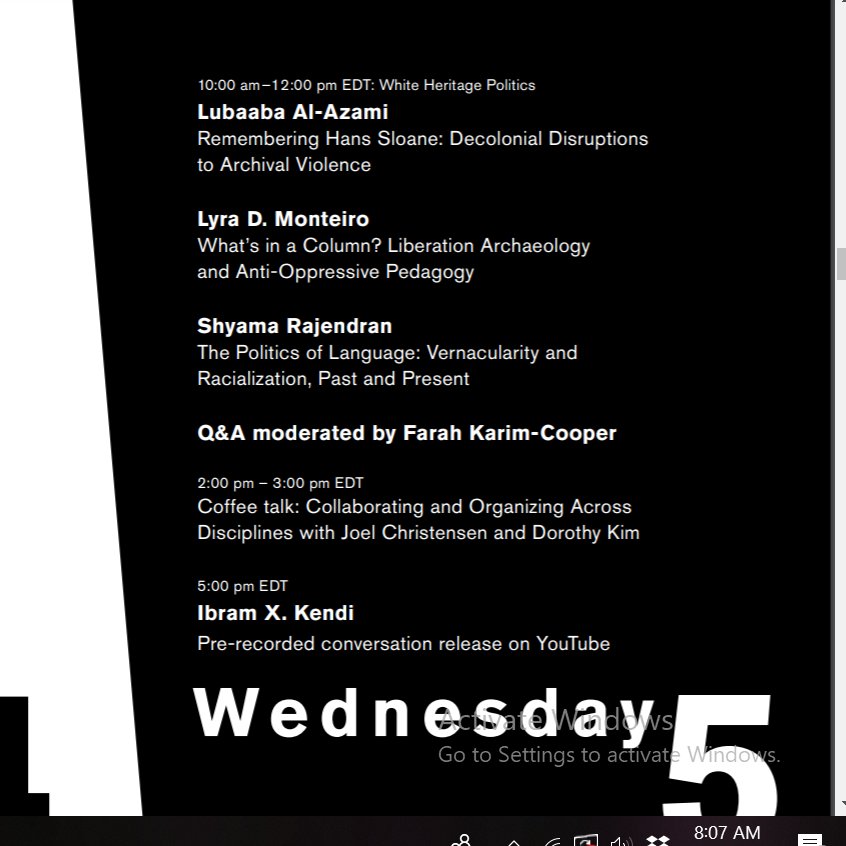
Super excited to see "Beautiful Bodies, Beautiful Minds: Some Applications of Disability Studies to Homer" come out in the most recent Classical World 

Thanks to @RMitchellBoyask CW's editor and audiences at @BrandeisU @UTClassics and @HellenicStudies who responded to earlier versions of the work
The article arose from research that didn't fit into my book from @CornellPress cornellpress.cornell.edu/book/978150175…
Email if you don't have access and would like to read
here's the acknowledgements
h/t @Lollardfish for getting me started with a disability studies bibliography many years ago now.
h/t @Lollardfish for getting me started with a disability studies bibliography many years ago now.

Section titles
1. Disability in Ancient Studies and Disability Theory
2. Thersites and Iliadic Physiognomy
3. Odysseus and Heroic Prostheses
4. The Scar: Disability and Fame

1. Disability in Ancient Studies and Disability Theory
2. Thersites and Iliadic Physiognomy
3. Odysseus and Heroic Prostheses
4. The Scar: Disability and Fame


• • •
Missing some Tweet in this thread? You can try to
force a refresh






